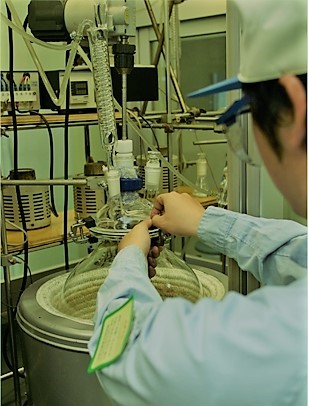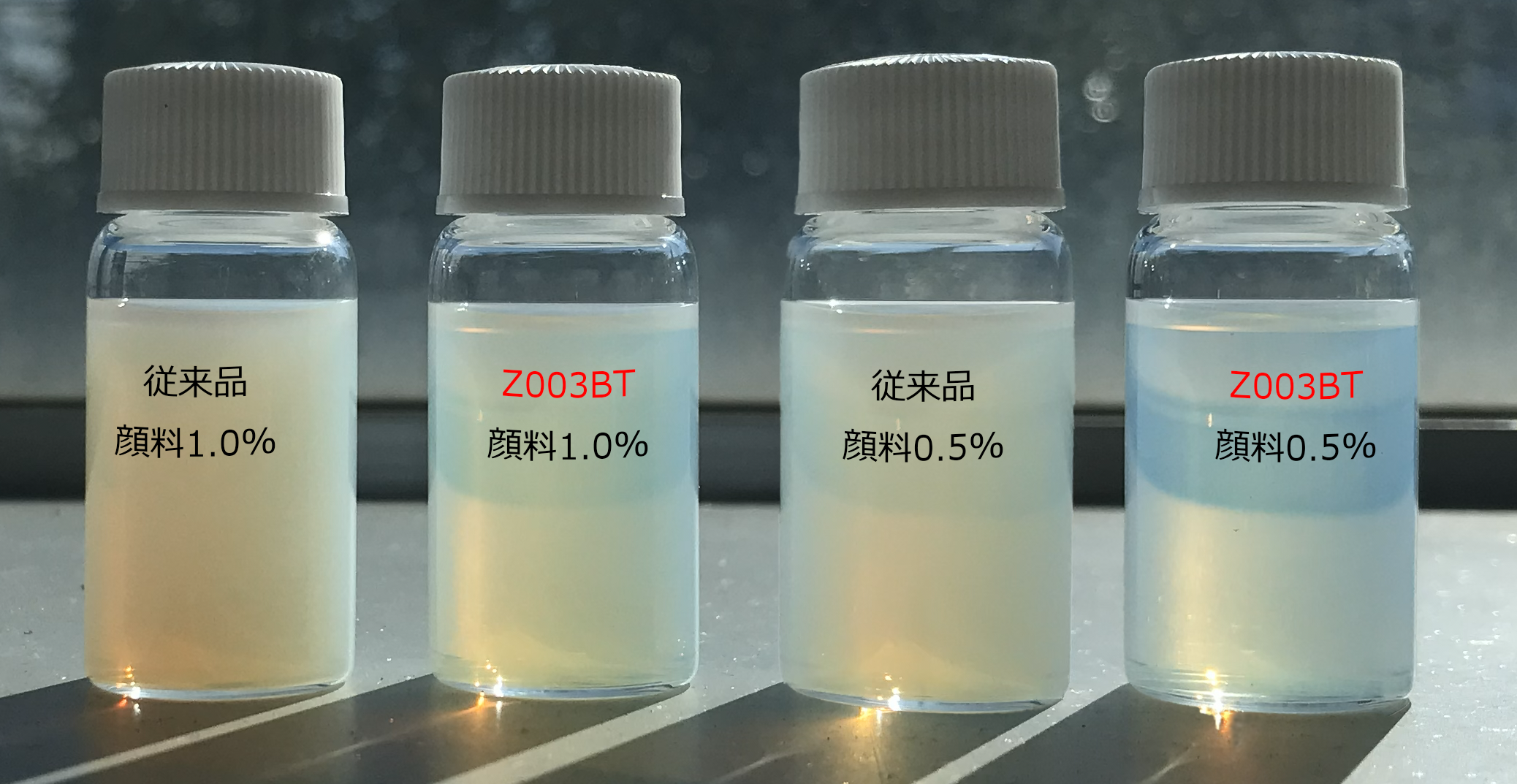
Organic Sn (tin) compounds are widely used industrially. On the other hand, it is said that it is highly toxic and affects the environment depending on the type.
TOKUSHIKI developed Sn(tin)-free urethane acrylate in response to the strengthening of regulations on organotin compounds in recent years.
This time, we will explain the features, types, and applications of this technology.
Why is it Sn(tin)-free?
Organic Sn (tin) compounds have been widely used in the industry for thermal stabilizers for PVC and catalysts for resin synthesis.
On the other hand, toxic compounds and metabolic changes to toxic substances raise concerns about their impact on the environment, particularly on animals and plants, and are subject to regulations in various countries.
For this reason, TOKUSHIKI has also developed Sn-free polyurethane acrylates with environmentally friendly zirconium-catalyst specifications.
Although organic Sn (tin) differs in characteristics depending on the number of alkyl groups to be combined, it is generally considered that the toxicity of organic Sn (tin) used for industrial use is low, Sn (tin) free is required depending on the application.TOKUSHIKI Sn-free urethane acrylate can be used with peace of mind.
Product lineup of Sn(tin)-free urethane acrylate
| Product | Catalyst specifications |
|
|
| AUP-2080-Z | Zr | General-purpose urethane acrylate | |
| AU-3112-Z | Zr | Flexible urethane acrylate |
Inquiry on Sn(tin)-free urethane acrylate
Summary
Organic Sn (tin) is widely used industrially as a catalyst for thermal stabilizers and resin synthesis.
However, some types of trisubstituted organic Sn (tin), such as tributyltin (TBT) and triphenyltin (TPT), are highly toxic to the environment, and are currently subject to regulations.
TOKUSHIKI provides zirconium-catalyzed Sn(tin)-free products. In addition, we can design Sn (tin)-free resins as required.








